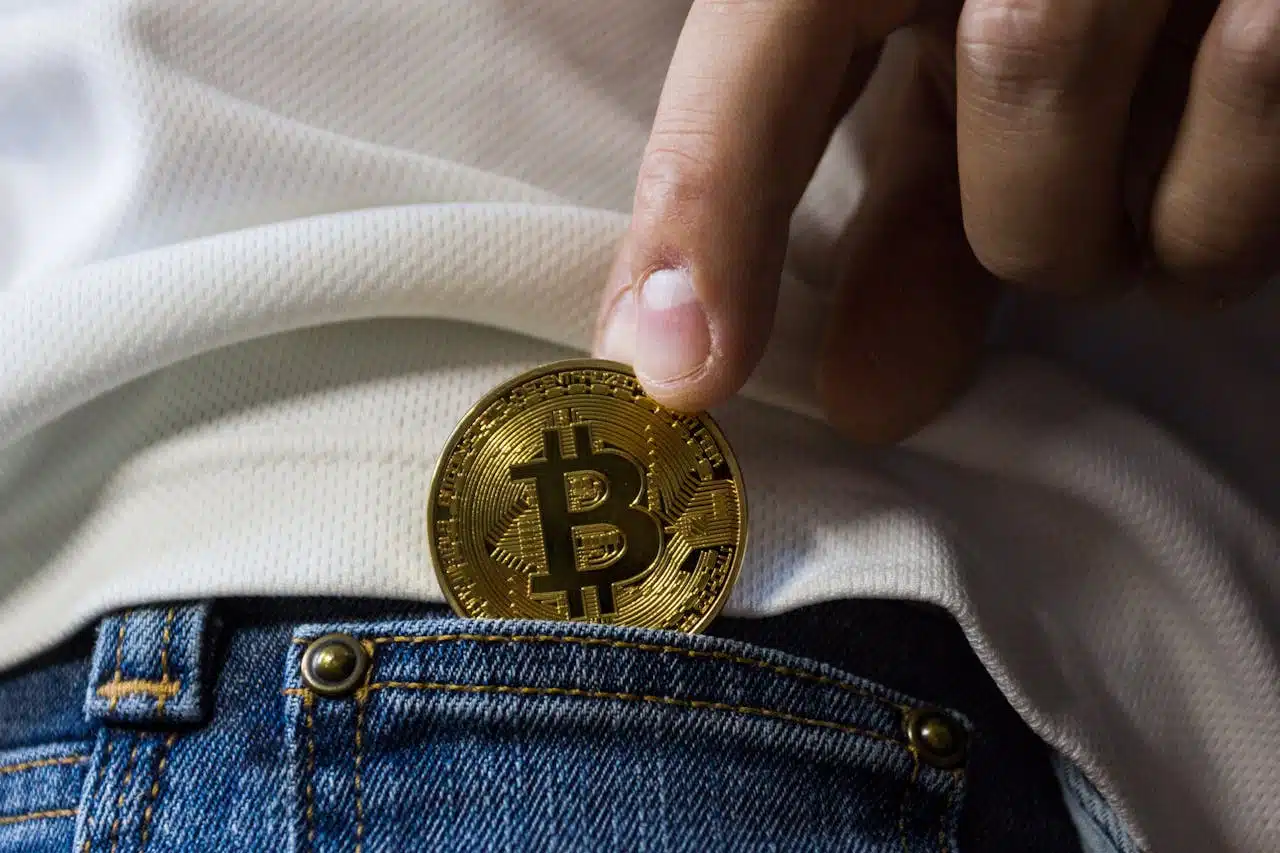In September the Central American nation of El Salvador became the first in the world to accept the digital currency Bitcoin as legal tender. The move from El Salvador followed on from a more limited adoption of Bitcoin, announced by the the island of Cuba in August, that it would accept and regulate cryptocurrencies for general use.
Since Bitcoin, the world’s first cryptocurrency, was launched in January 2009 it has rocketed in value, transforming from being virtually worthless to a current worth of approximately £48,000. Hand in hand with this increase in value has gone an increasing acceptance of its use for financial transactions. An estimated 15,000 businesses worldwide now accept Bitcoin including household names such as PayPal, Microsoft and Starbucks and recent research has indicated an increase of over 800% in its global use in just the last 12 months.
So is Bitcoin a virtual currency whose time has come? A digital version of the US Dollar, the Euro or the Chinese Yuan? As is so often the case when it comes to Bitcoin the answer is confusing and contradictory.
While the argument outlined above may seem compelling it is just as easy to find evidence that Bitcoin will never truly gain acceptance and in the long run is condemned to fail.
For example, in the same month this year that El Salvador announced it would accept Bitcoin as legal tender China’s central bank made all cryptocurrency transactions illegal. The decision was a culmination of a series of moves by the Chinese state that had previously seen cryptocurrency trading banned in 2019 and ‘mining’ of them outlawed in June. The Chinese government is thought to see cryptocurrencies as being a volatile and unsafe investment and a possible means of money laundering. Following the latest announcement the value of Bitcoin fell by over $2,000.
Meanwhile, in the USA, the Bitcoin picture is also a mixed one. In a positive indicator for the digital currency the Mayors of New York and Miami, Eric Adams and Francis Suarez have both announced that they plan to take their salaries in Bitcoin as they battle to position the cities they represent as the US centre for cryptocurrency trading. However, on the other side of the (Bit) coin the Biden administration has promised to “fight against the illegal use of cryptocurrencies”, highlighting their possible use in money laundering and financing illicit and even terrorist activities.
There is suspicion bordering on downright hostility in Europe too. In a recent interview the President of the European Central Bank, Christine Lagarde, was asked if “cryptocurrencies are a plus for the global economy.” Her brusque reply was “Cryptos are not currencies, full stop. Cryptos are highly speculative assets that claim their fame as currency, possibly, but they’re not.”
There are also environmental concerns over Bitcoin. The process of ‘mining’ new coins is highly energy intensive and the amount used is growing rapidly. When Tesla founder Elon Musk announced he was purchasing Bitcoin the price spiked, but in May the price fell sharply when he said Tesla was placing a moratorium on Bitcoin transactions because of the large amount of polluting coal power they use.
In truth, where Bitcoin goes next and whether it is a long-term success or a bubble destined to burst is anybody’s guess. If you are thinking of investing there is a wealth of information out there on the internet on pages such as the news spy website. Treat it just as you would any other type of investment. Do your research, keep a close eye on your portfolio and proceed with caution.

